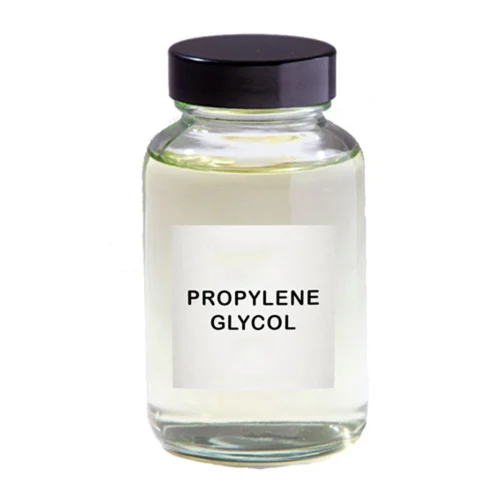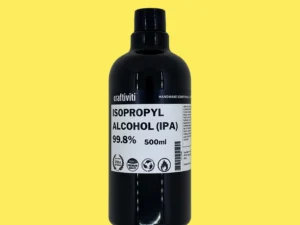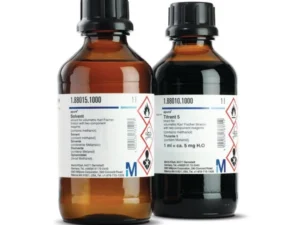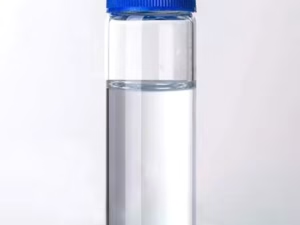Description
Propylene Glycol: A Versatile Chemical in Your Everyday Life
Propylene glycol is a synthetic liquid substance that absorbs water. It’s a key component in a wide range of products, from personal care items to industrial applications. Though often confused with ethylene glycol (antifreeze), propylene glycol is considered much less toxic and is generally recognized as safe (GRAS) by the FDA for use in food, pharmaceuticals, and cosmetics.
So, where do you encounter propylene glycol?
- Cosmetics and Personal Care: It’s a common humectant, meaning it helps retain moisture, in lotions, shampoos, conditioners, and makeup. It also acts as a solvent, helping to dissolve other ingredients.
- Food and Beverage: Propylene glycol can be found in some processed foods as a humectant, solvent, or preservative. It’s also used in artificial flavorings.
- Pharmaceuticals: It’s used as a solvent in some oral, injectable, and topical medications.
- Industrial Applications: Propylene glycol serves as antifreeze, a solvent, and a plasticizer in various industrial processes. It’s also used in electronic cigarettes to produce vapor.
- Other Applications: It’s found in de-icing fluids, hydraulic fluids, and as a carrier for fragrances.
Is Propylene Glycol Safe?
While propylene glycol is generally recognized as safe, some individuals may experience allergic reactions or skin irritation, especially when used in high concentrations. The FDA and other regulatory bodies set limits on the amount of propylene glycol that can be used in different products to ensure consumer safety.
It’s important to note that the safety profile of propylene glycol can vary depending on the application and the individual. If you have concerns, it’s always best to consult with a healthcare professional or dermatologist.
In conclusion, propylene glycol is a versatile chemical with a wide range of applications. While it’s generally considered safe, it’s important to be aware of potential sensitivities and to use products containing propylene glycol as directed.

















Reviews
There are no reviews yet.